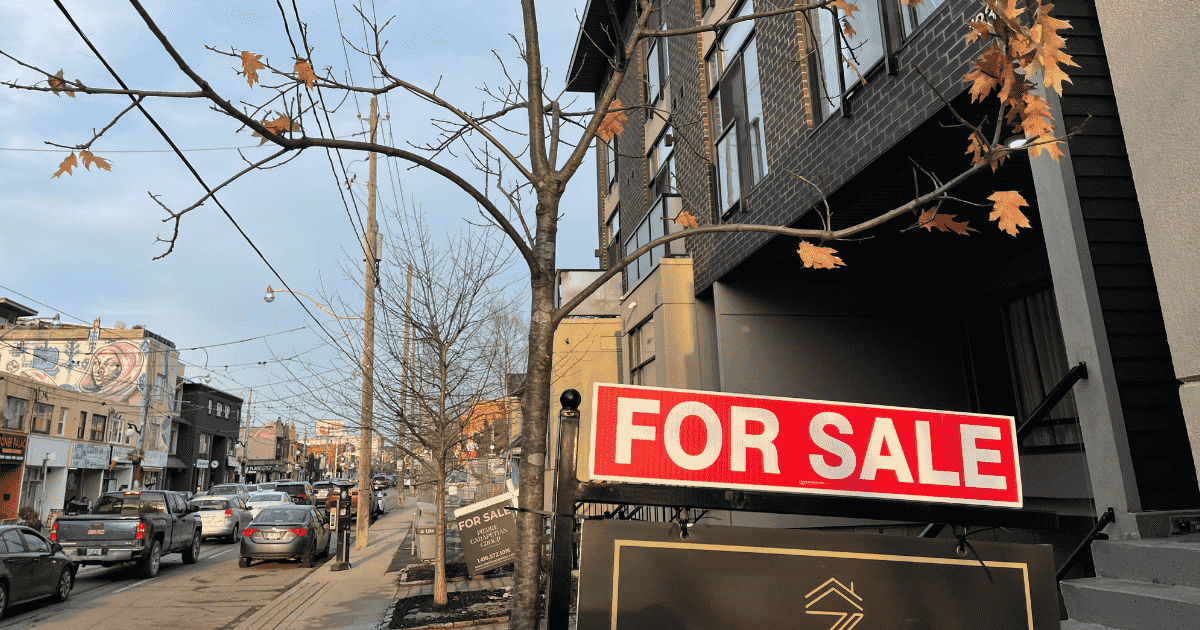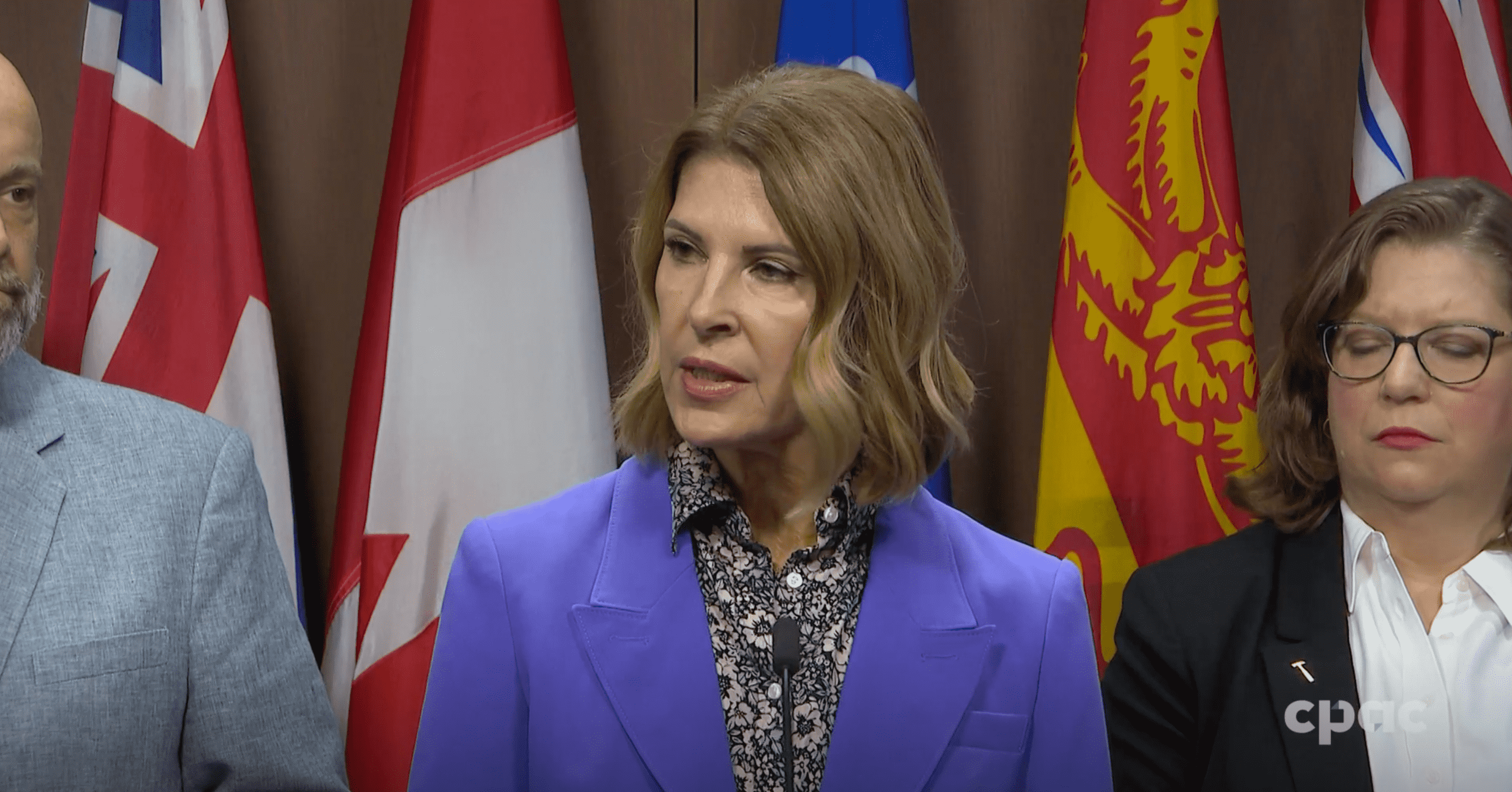When the members of the British Columbia Real Estate Association (BCREA) cast a ballot this summer to determine whether to dissolve the association plus its 11 associated boards in favour of a new provincewide professional standards entity called Realtors of B.C., the vote may be more about what Realtors are willing to sacrifice to get organized real estate to a new, more efficient destination.
The difficulty currently facing BCREA is its inability to move decisively on issues. It requires the time-consuming practice of ping-ponging issues back and forth between the 11 boards before making a decision. Each independent real estate board has different standards and fines, practices and viewpoints.
“Getting 11 boards to agree upon everything is pretty well impossible,” says Dan Morrison, president of the Real Estate Board of Greater Vancouver (REBGV). The problem is complicated by the rotation of elected board leadership. The new president may not share the same focus or information as the past president. “We have tried projects in the past and they just haven’t worked out – there are too many cooks in the kitchen,” says Morrison.
BCREA president Deanna Horn, who has been one of those working on the proposal during its 18-month maturation, says the problem with the current structure is, “We can’t be nimble.”
Horn, who is also president of the Presidents Working Group struck to look at how the industry faced changes and needed to change itself, sent a letter to members in May, warning of the dangers of a professional association that can’t move quickly to curb negative practices and stem adverse publicity such as that recently generated by the “shadow flipping” controversy in Vancouver.
“This is not just a Lower Mainland issue; it affects the reputation of our entire profession and is another reason to support restructuring to one organization,” she said in her letter to members. “Without action, the government and the Real Estate Council of B.C. will have no qualms about imposing new regulations on us – all of us.”
Price Waterhouse Coopers, the financial firm that performed the cost analysis and the reorganizational feasibility study, presented 25 business models of restructuring. The Presidents Working Group (made up of board presidents) settled on the chosen model, which shows that by eliminating redundancies between the boards, there can be a $10 million cost saving.
When Horn describes the new structure, she chooses her words carefully. She says there will be a centralized office with six branches (locations not yet known) and volunteer chapters working with the branches. The centralized office will have, according to website information, all the duties of most head offices. They include providing services such as “key operations, MLS management, provincewide education, professional standards, advocacy, government relations, economics, communications and media relations, program development and standard forms.”
Horn has heard the complaint that the Vancouver area will have control over the new association, since the REBGV represents the majority of BCREA members. “There will be no Vancouver board,” she says, adding that all such lines will be eliminated as boards roll into the new organization.
Instead, Horn said the new structure will take a B.C. view. “There will be 11 (elected) board members. It will be a provincial election (not a regional). There will be four public directors, individuals who are not necessarily practitioners, and eight Realtors throughout the province,” Horn said. All agents will have a vote to elect the directors.
Fees will be harmonized with the promise that no real estate agent will see a fee increase for five years, and 30 per cent will see decreased fees. Fees are outlined in greater detail on the Realtors of B.C. website.
The assets (funds and buildings) and liabilities of organized real estate would roll into one pool under the auspices of the centralized body. Board buildings would remain as training centres or operate as branches until the new organization could further assess their viability, she says.
“Essentially, we are merging the assets and liabilities. It is important to note that the money is going into a single organization and they are still the assets of the Realtors of this province,” she says. “No one is losing anything.”
Victoria opts out
But some real estate boards remain unconvinced. The Victoria Real Estate Board (VREB) has opted out of the planned restructuring, while both the Chilliwack and the Vancouver Island Real Estate Boards have decided to remain neutral and let their members decide in the election tentatively slated for June 28. Boards such as the Fraser Valley, Greater Vancouver, B.C. Northern and Okanagan Mainline associations have endorsed the plan.
VREB president Mike Nugent doesn’t want the board decision to appear as a “huge fight” with BCREA. “It is really about what is right for each real estate board,” says Nugent, whose directors feel the fit isn’t right for Victoria Realtors.
Nugent said he can understand that combining functions (such as MLS systems, accounting and education) makes sense from an efficiency point of view.
“We in Victoria get that,” he says. He also understands that smaller boards will benefit as they gain service levels equal to larger boards and he frankly admits that if he presided over a smaller organization, he would feel duty-bound to endorse the reorganization.
Nugent’s board has opted out because the risk outweighs the perceived gain, he says. “We have come up with ideas and things that work for Victoria and have led discussions that have led to things being done different at the BCREA level,” he said, adding that these local innovations would tumble by the wayside under the new system.
He is also concerned that in the voting, the Lower Mainland will control the provincial voice. “Currently there are 20,000 members in B.C. with 12,000 of them on the Greater Vancouver board and another 2,700 on the Fraser Valley board. These two boards are in favour and this is three-quarters of the membership in the Lower Mainland. There is a chance our 5.5 per cent of the membership (1,250 members) might not be heard.”
Nugent is also not comfortable with the lack of information regarding the final organization’s structure and where branch offices will be located. Currently, both VREB and the neighbouring Vancouver Island Real Estate Board (VIREB) have offices. Nugent said only one office would be considered for Vancouver Island.
Finally, there is the issue of handing over VREB’s resources, which consist of a healthy contingency fund. VREB has its own building valued at $3.5 million. Should VREB join Realtors of B.C. but then decide to opt out of the new organization later, those assets would be lost. “It would be difficult to start over again,” he says.
A letter send to members by VIREB president Margo Hoffman set out the benefits of the proposal but also some concerns. “Currently, the board has not made a decision regarding support of this restructuring proposal as there are still unanswered questions regarding how it will affect VIREB members. While restructuring may be in the best interests of all B.C. Realtors, it may not benefit each board equally.”
Hoffman told REM that “we are leaving it to our members to vote on it,” and her board is providing members with as much information as possible. When the vote is in, she says, “We will respect their decision.”
Chilliwack & District Real Estate Board president Richard Admiraal says the board is staying neutral at this time but sees pros and cons on both sides of the issue. “We are engaging our members and seeing whether they view this as an opportunity or hindrance,” he says, adding that generally the board’s 285 members are happy with the current level of services. They also own their building.
“There are potential savings with the Realtors of B.C. proposal but cost-saving is not everything and we very much appreciate having a local board where the checks and balances remain at the local level,” he says. In a smaller board, he says, this leads to a desire to perform to a higher standard professionally.
“There is a lot that can be lost,” he says.
Large and small boards see benefits
“We see the benefits,” says William Lacy, president of the B.C. Northern Real Estate Board, which has jumped in with both feet. His board covers 70 per cent of Northern B.C. but only has 368 Realtors, or four per cent of the province’s memberships. He says the proposal means that his smaller association can now take advantage of services that larger boards have had but his board couldn’t afford. He estimates that 90 per cent of his members could see a fee reduction of several hundred dollars.
He says he is pleased there will be uniformity in the rules that all agents follow. “We will have a more fair and equitable governance structure,” he says. “It is going to be awesome.”
At the Okanagan Mainline Real Estate Board, “We were one of the first boards to step forward and endorse the plan,” says president Anthony Bastiaanssen.
He says it provides the industry with a method of moving on issues and change quickly with a united voice. He gives the example of wanting to launch new initiatives that will move the industry forward and benefit Realtors and the public. “Now you have to go to 11 boards and ask, ‘Do you have the resources and when can you do this?’ And you are getting 11 different voices so your chance of getting a common answer is highly unlikely.”
Recent events are prompting the government to take action against unethical behaviour in the industry, and while attention has been focused on the Lower Mainland, poor business practices are not relegated to any one part of the province. Bastiaanssen says unless there is a united voice representing the industry, it’s hard to show the government that there is leadership to prevent such practices.
While some boards may feel they are losing control of their local areas, Bastiaanssen doesn’t see it that way. “Sometimes control is a perception and we can sometimes create something of an illusion. We are not losing control of anything, we are gaining control of the direction we heading,” he says.
Charles Wiebe, president of the Fraser Valley Real Estate Board, said his board views the restructuring as a positive. “It creates strong efficiencies,” he says. The new entity would also emerge with a strong financial position as assets are combined and $10 million in cost-savings results, he says.
Wiebe and other presidents have pointed out that the provincial association would have greater purchasing clout with suppliers. It would use one MLS system and have the ability to better negotiate custom features in the system. It could also better utilize staff to build expertise, and have uniform standards and forms.
When the BCREA members will take the polls still remained unknown at press time. REBGV president Morrison said that the June 28 date is only tentative and many boards are still fielding questions from their various members, including his own. “We are doing our due diligence,” he says. There has also not been a decision on what the ballot’s wording will look like.
Queried about the lack of information regarding the new structure’s form, Morrison says: “We are walking a fine line. We are trying to put forward information but we can’t tie the hands of the future board of directors and senior managers so that they won’t have the scope to run the organization in the best possible way.”
Morrison says there is an industry consensus that BCREA needs to have a united voice and the ability to respond to issues faster. “How we are going to get there is the stuff we are now working through,” he says.
Jean Sorensen is a contributing writer for REM.




















